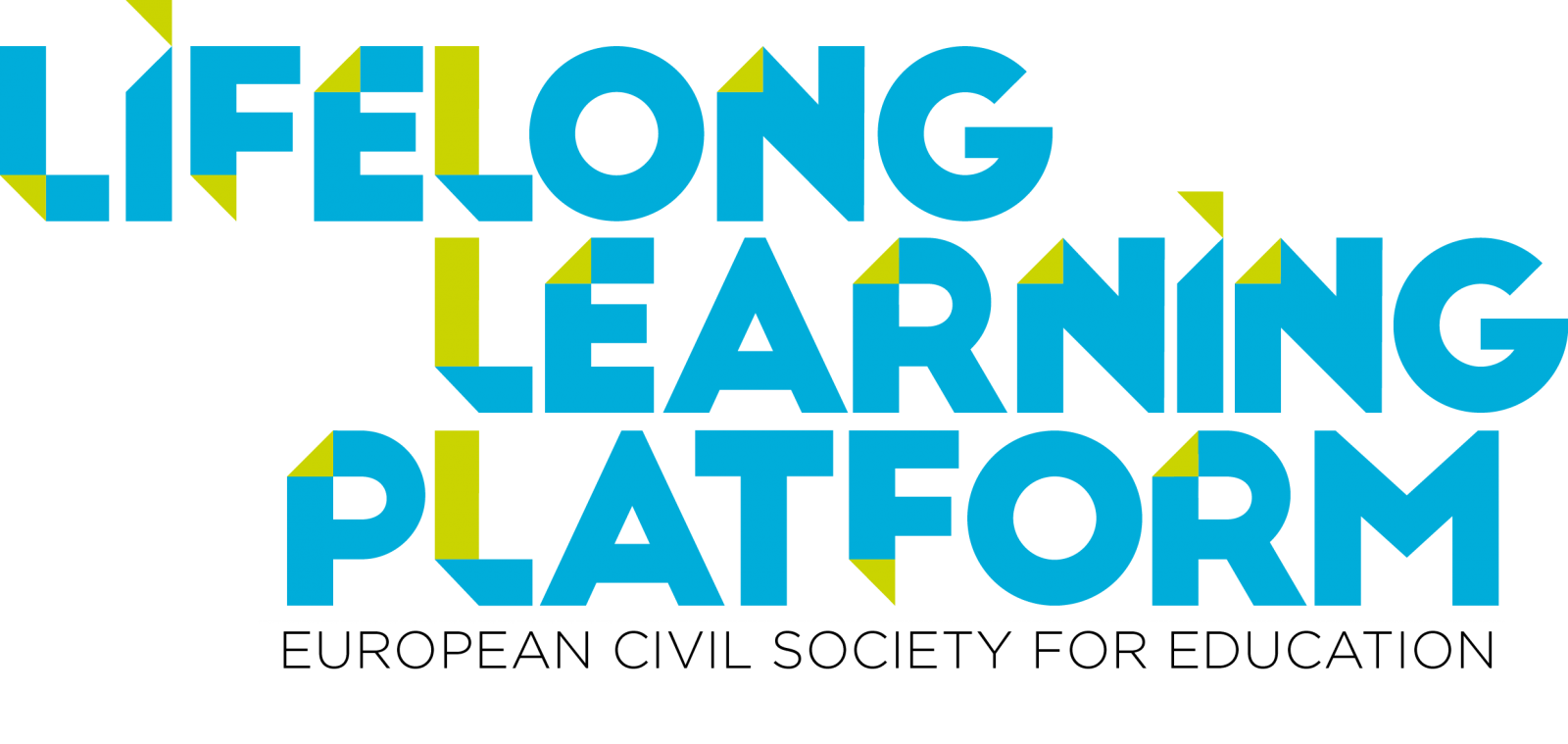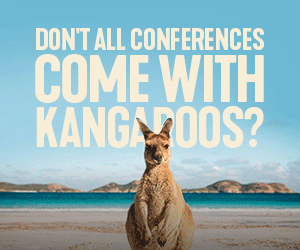LLP: “We’d like to call for universal entitlements of lifelong learning”

Many of our preconceived ideas about learning structures and educational strategies have been challenged by the digital transition and innovation at work. The Lifelong Learning Platform (LLLP) is an umbrella that gathers 42 European organizations active in the field of education, training and youth, that has been calling for non-formal and informal learning at all stages of life. An opportune time to ask a series of questions to Brikena Xhomaqi (below photo), the organisation's director.
1) LLLP aims to voice citizens’ concerns about lifelong learning with the main conviction that no one should be left out and that bridges across sectors need to be built. How has this pandemic significantly impacted your working frame and structure?
 The pandemic has impacted all aspects of our work: from office life to physical meetings, from our advocacy efforts to large events. Just like anybody else, we had to work out with our creativity to deliver on the activities we had foreseen at the beginning of the year, but I must say that every gear in the machine worked hard to overcome these new challenges. On the other hand, some of our members had to stop their activities because they were mostly, if not only, working with mobile target groups. Therefore, organisations that work on learning mobility were affected the most.
The pandemic has impacted all aspects of our work: from office life to physical meetings, from our advocacy efforts to large events. Just like anybody else, we had to work out with our creativity to deliver on the activities we had foreseen at the beginning of the year, but I must say that every gear in the machine worked hard to overcome these new challenges. On the other hand, some of our members had to stop their activities because they were mostly, if not only, working with mobile target groups. Therefore, organisations that work on learning mobility were affected the most.
2) In a new era in which technology and innovation will irreversibly alter learning processes, how can we define a concept of "XXI century education" on a global scale?
Learning can happen anytime, anywhere, and the spaces where this learning occurs are incredibly and increasingly diverse. The concept of XXI century education is an ever-lasting process that puts the learner and its needs at the centre of education systems. It is a kind of education that gives value to all learning environments - in and outside the classroom - and that prepares learners for the world they will be living in. Education systems are undergoing a paradigm shift in the struggle to meet the needs of learners in a world that is rapidly changing from a technological, demographic, societal and environmental perspective. This demands that we designate equal value to all learning environments, and by doing so we will be shaping the future of education. In a digital context, this also means moving from knowledge acquisition to knowledge creation as we learn and create new things exploring new ways and tools. Experiential learning shall be a polar start.
3) What kind of projects do you intend to highlight in 2021, which are essential in affirming your mission and values?
In 2020, we have highlighted issues of sustainability for the European education systems and wellbeing of all learners. For us, it is clear that these issues have been there for quite some time, and that they only surfaced because of the pandemic. It is quite telling that by ‘only’ closing schools, didacts and learning processes everywhere were halted. Where was the attention to the wellbeing of learners? Why weren’t teachers and educators sufficiently trained?
In an ongoing effort to continue addressing such issues within the European institutions, for 2021 we would like to call for universal entitlements of lifelong learning. An inclusive (r)evolution of European education systems is bound to happen only through the recognition and validation of all forms of learning. To this extent, we intend to call upon the European institutions for policy reflections that mirror the reality we’re living in. This reality is the one where citizens everywhere should be entitled to a lifelong learning journey in their daily lives.
4) Quoting from your website: "despite calls to promote longer-term investment in education and to invest in training systems, public spending in education has decreased in most European Member States in the last years". How can we reverse this tendency?
Unfortunately, education is often among the first items to suffer cuts on budgets. Policy reforms are too often thought to be just an appendix of visibility campaigns, and investments in education do not win elections. Moreover, and to make it all more difficult, education sits outside of the EU portfolio and remains a Member States’ competence.
The Lifelong Learning Platform has been calling for a structured, coherent, and ambitious European budget that translates the needs on the ground into effective policy instruments. At the European level, one of these instruments is the Erasmus+ programme that was created as a learning mobility programme and has developed into a real education framework. We have carried out a two-year-long campaign to call for a substantial increase of the Erasmus+ budget in the next 'MultiAnnual Financial Framework 2021-2027', and we are happy that our efforts were publicly praised by the European Parliament. It might be by chance that the Erasmus+ was one of the few programmes to see a significant increase in its funding, but we like to think that civil society efforts are key to this renewed ambition. As we move to a new world of work, digitalisation, demographic change and climate change, investment in reskilling and upskilling will be inevitable. Member States will not have a choice if they want to stay competitive and survive altogether.
5) How did you manage to reshape your events agenda this year and what plans do you have on the table for 2021?
Policy gatherings, awareness-raising events and capacity-building activities are crucial to our mission. For 2020, we went digital. We must say that despite the apparent difficulties at the beginning, as well as the lack of physical interactions, digital happenings helped us increase our outreach. In the end, this was a learning process for LLLP as well. For 2021, it is still not clear when (and if) events will resume. However, we want to keep an optimistic outlook and hope to resume the good relations that we had with our usual partners. We can’t wait to have inspiring, dynamic and fruitful in-person events again!
6) With a long-term impact on the economic growth of an increasingly competitive world, and the speed of information in an aging society... what influence do you foresee for your organisation and the underlined subjects in the future?
We believe that change is both cultural and political. There are unfulfilled needs on the ground that technologies, emerging pedagogies, and a holistic lifelong learning approach can (and will) meet. At the same time, there are already best practices in place that ought to be transferred and adapted elsewhere. These processes are already ongoing and so is life-long and life-wide learning. For us to engage in topics such as third-age learning, socio-economic inclusion of all learners or education in the digital age, it only means to keep up with our work.
 For More Info:
For More Info:
Email: info@lllplatform.eu
Website: lllplatform.eu
Other Articles
About Us
Supported by the Union of International Associations (UIA), the International Association of Professional Congress Organisers (IAPCO) and the Interel Group, the global public affairs and association management consultancy, Headquarters Magazines serve the needs of international associations organising worldwide congresses.















